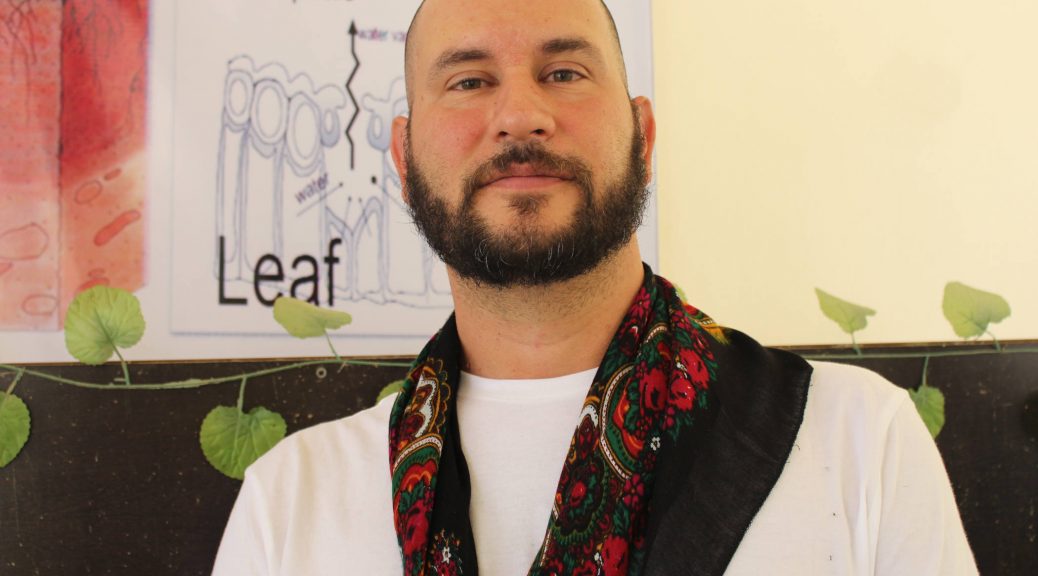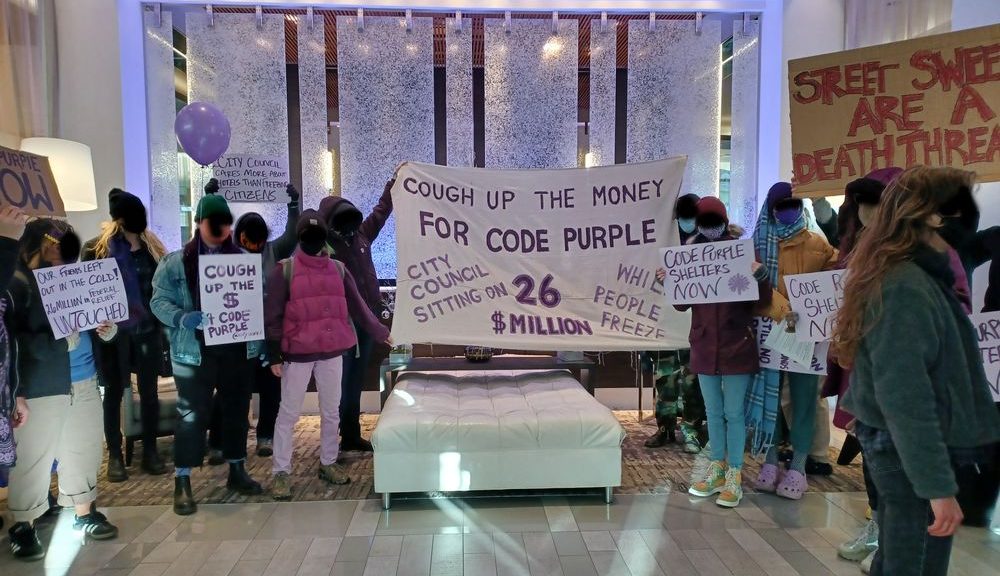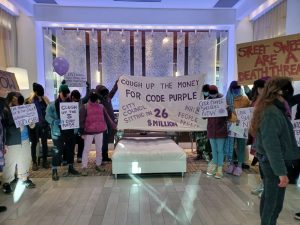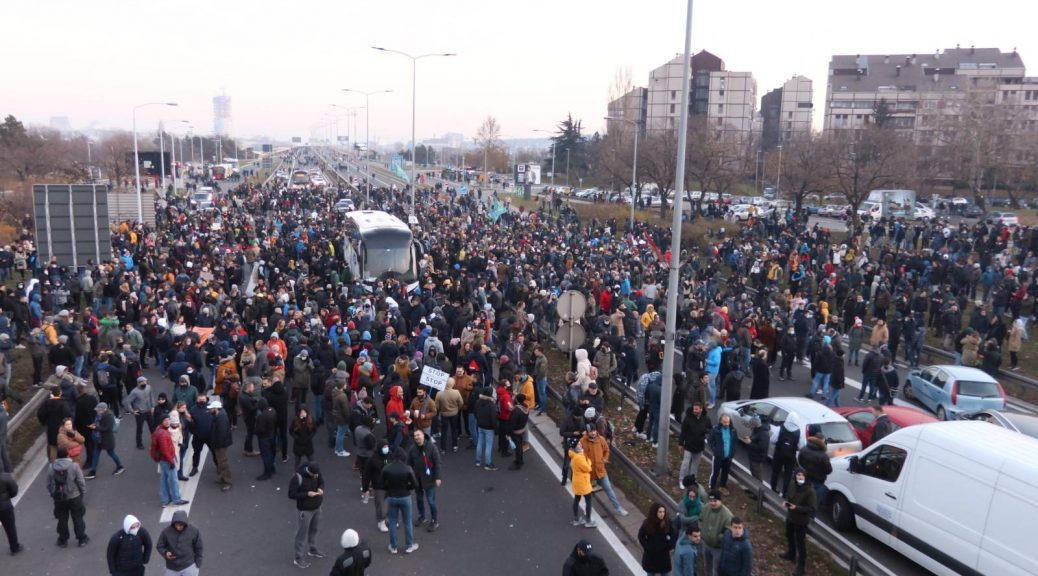Anarchist Struggle in Rojava

Anarchist Struggle, or Tekoşîna Anarşist in Kurmanji, is an anarchist combat medic collective operating in Rojava since the time of the war against Daesh / Isis, though its roots go back further. For the hour, you’ll hear a voice actor sharing the words of a member of TA calling themselves Robin Goldman about the their experiences of Asymmetric Warfare waged by Turkey and its proxies in the TFSA, the culture of TA right now, the medical work they’re doing, queerness in Rojava and other topics.
You can find TA online on twitter at @TA_Anarsist as well as their website TekosinaAnarsist.NoBlogs.Org. Members of TA suggested that folks interested in queer and trans organizing in Rojava support the group Keskasor, Kurdish for rainbow and based in Diyarbakir, Turkey. It can be emailed at heftreng.keskesor@gmail.com, found on twitter via @Keskasor_lgbti or on instagram at @KeskesorLGBTI, though their social media presence was last updated in 2020.
Some Formations Related to TA:
- International Freedom Battalion (IFB) on FB: https://en.wikipedia.org/wiki/International_Freedom_Battalion
- International Revolutionary People’s Guerrilla Forces (IRPGF) -demobilized: https://archive.org/details/@irpgf
- The Queer Insurrection and Liberation Army (TQILA) -demobilized
Groups mentioned ala Rojava:
- Make Rojava Green Again: https://makerojavagreenagain.org/
- Internationalist Commune of Rojava: https://internationalistcommune.com/
- You can find an interview we did with ICR at our website
- Jineoloji International: https://jineoloji.org/en/
- Rojava Information Center: https://rojavainformationcenter.com/
- Heyva Sur A Kurd (Kurdish Red Crescent): https://hskurd.org/en/homeen/



















